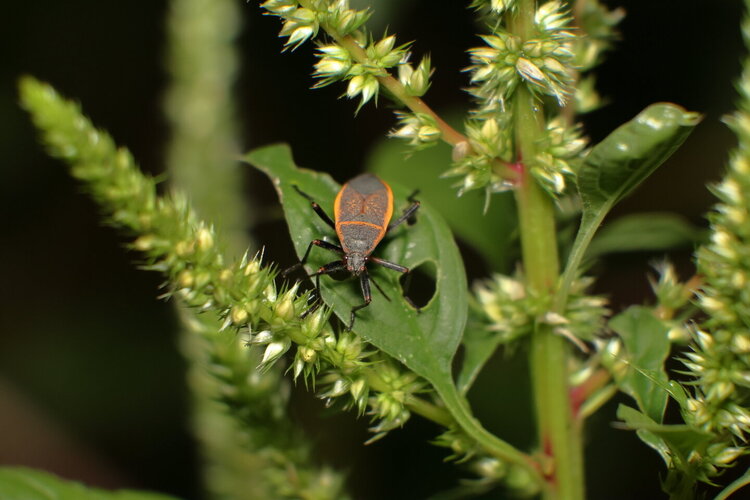yoteango
Avid Member
I'm currently in a dangerous phase where I want to collect all the different types of potential feeders. It's a good thing it's winter, or I'd have a cage full of random porch-light moths in my living room. Anyways -
On Bug Guide's "Rearing Wild Insects" forum there's a recent one for Raising Largus succinctus (Hemiptera: Largidae) from Egg to Adult. I've seen some kind, probably Largus californicus, in my yard recently and am wondering if they'd be fine to feed to my chameleon, either wild caught, or bred or both. Attached image is from my yard, but from the summer.
On Bug Guide's "Rearing Wild Insects" forum there's a recent one for Raising Largus succinctus (Hemiptera: Largidae) from Egg to Adult. I've seen some kind, probably Largus californicus, in my yard recently and am wondering if they'd be fine to feed to my chameleon, either wild caught, or bred or both. Attached image is from my yard, but from the summer.






